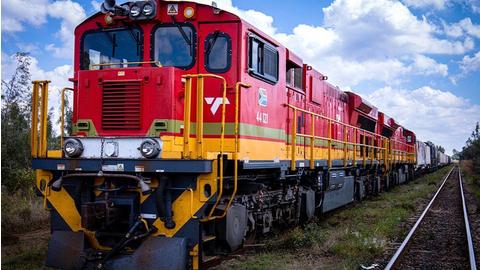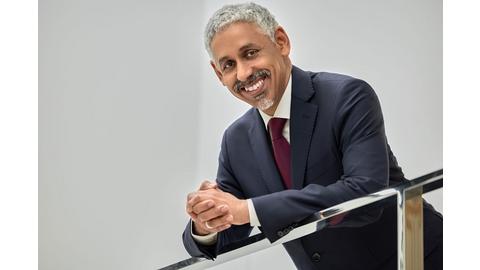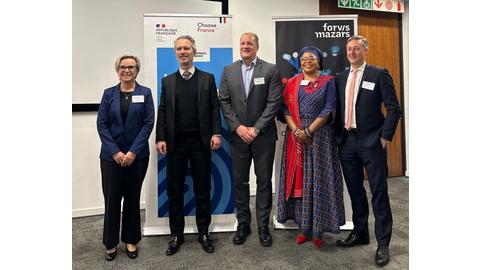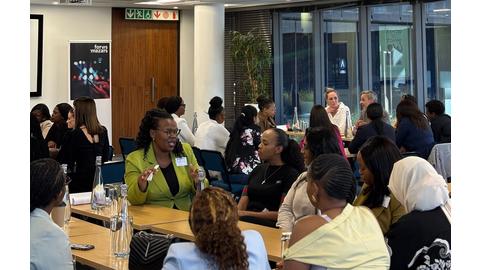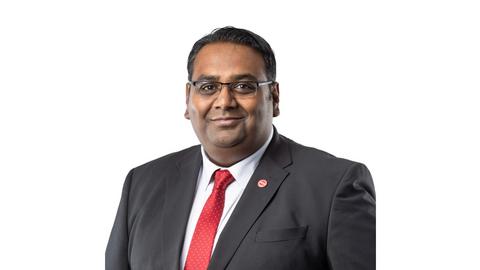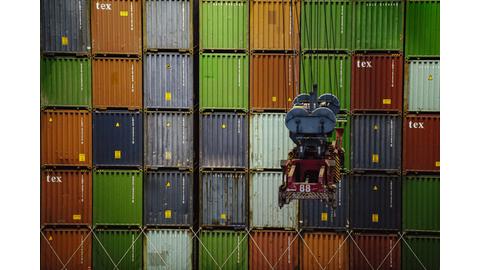Analyses & Studies
African Expansion: A Strategic Imperative for SA Businesses to Drive Growth

In April, the International Monetary Fund (IMF) cut South Africa’s growth prospects to just 1%, down from an initial 1.5% projection in January 2025. In response to sluggish local GDP growth, a growing number of South African companies are looking north of the country’s borders for growth opportunities.
South African businesses are not alone in the trend of seeking growth beyond their home countries. According to the Forvis Mazars 2025 C-Suite Barometer, 83% of business leaders globally plan to expand to at least one new country within the next five years. African markets are considered particularly attractive given their young and expanding populations.
Anoop Ninan, Country Managing Partner of Forvis Mazars in South Africaand Chair of the Forvis Mazars Africa Committee, says what makes African markets strategically important for South African businesses right now is that they represent long-term opportunity, both in terms of growth potential and because regional collaboration is becoming a business imperative.
However, as the C-Suite Barometer points out, international expansion brings its own set of challenges. The biggest challenge in setting up operations in new countries is understanding local regulations and requirements, followed by finding and securing the right local partners and talent.
“Businesses looking to expand into Africa need to understand that South African models can’t be directly replicated in other African markets,” reveals Ninan. “Africa is not one homogenous country but instead boasts a vast diversity of cultures, consumer behaviours and business etiquette requiring that businesses partner with local specialists and adopt localised strategies that cater to specific regional needs and preferences.”
South African companies that adopt a one size-fits all approach when expanding into Africa tend to struggle. Ninan says this is because success in African markets requires understanding the nuances of each local market, including cultural differences, accepted business etiquette and regulatory and compliance requirements, amongst others.
“Businesses need to have a long-term vision and be committed for the long-term when looking to grow their businesses on the continent. They also need to have confidence and trust in local partners,” he says.
As competitors start to reduce their presence in Africa, Forvis Mazars is doing exactly the opposite by actively expanding its footprint on the continent. It is currently the third largest audit firm in West Africa, and is on track to become the largest in the region within the next few years .
Businesses that are doing well in Africa, he reveals, entrench themselves in each country and build strong teams with local expertise. “Listening and learning from trusted local partners ensures locally relevant solutions. Avoiding a cookie cutter approach makes it possible to help clients adapt their models for each market while aligning with their broader goals.”
Amongst the challenges multinational companies face in Africa is high staff turnover within their local operations, making it challenging to retain financial expertise and maintain consistent quality, explains Sebastien de Place, Partner at Forvis Mazars in South Africa. As a result, there is growing demand for outsourced accounting service providers with expertise in regulatory compliance across the continent.
“As local finance teams become smaller, it is becoming increasingly difficult for multinationals operating in Africa to remain abreast of different accounting standards and regulatory requirements. As a result, we are seeing growing opportunities in outsourcing audit, accountancy, advisory and tax services as multinational clients look to simplify their African operations, ensure consistent quality and meet deadlines across multiple jurisdictions,” says De Place.
Technology is playing an important role in helping to facilitate cross-border growth. De Place points out that technology acts as a connector and is playing an important role in compliance automation, remote onboarding and data-sharing between jurisdictions. “We are seeing more companies adopt hybrid infrastructure and digital governance models to scale more efficiently across markets.”
Forvis Mazars recently launched the Institute of Development in South Africa to address the digital skills gap and provide globally aligned certifications tailored to industry needs. Locally accredited, the academy delivers formal quality accredited NQF level 4 and 5 professional certifications. It will in time be expanded into Africa as part of the firm’s contribution to creating an inclusive digital economy for the continent.
“We see our role as helping businesses unlock growth, both through technical expertise and trusted partnerships across the continent. The real advantage for South African businesses looking north for opportunity – and multinational organisations looking to expand in Africa – relies on meaningful collaboration, responsible leadership and a grounded strategy that reflects Africa’s diversity,” concludes Ninan.



